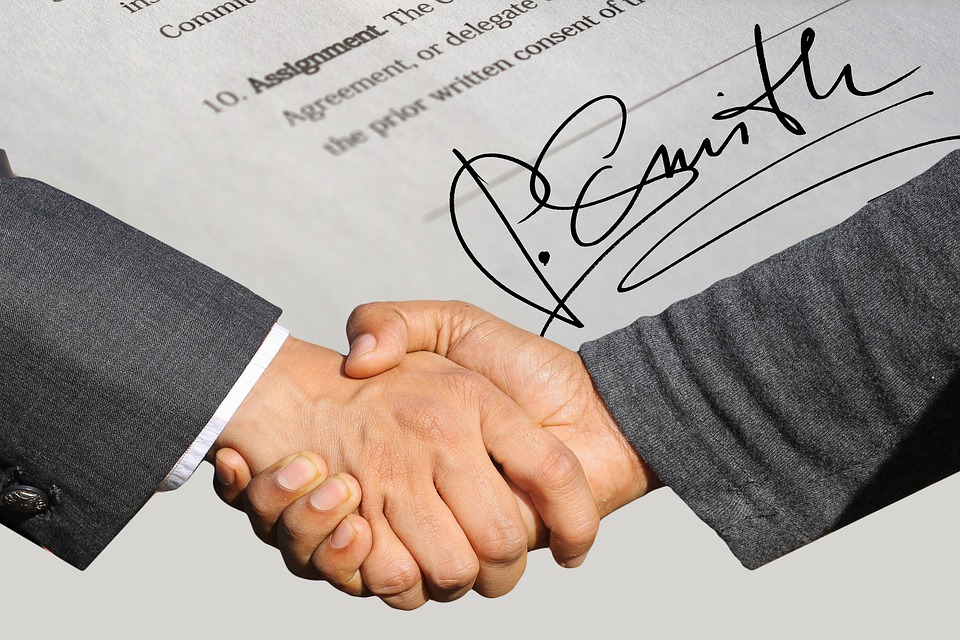
The value of a good patent cannot be understated. While many of the inventions for which patent protection are sought appear to have little or no usefulness in every day life, there are many that could be considered extremely useful. Examples of extremely useful patent include the patents for sticky notes or post its and foot measuring devices.
There are few things as exhilarating to a person going through the patent process than obtaining a Letters Patent, or issued patent. An issued patent can be invaluable and can add significant value to your invention and allow you to obtain profits for your invention. Unfortunately, simply owning a patent will not generate a dime for all your efforts. To earn revenue from your patented invention, you need to commercialize it. But, before you proceed here are some factors to consider:
What are your Options?
Inventors have three options to commercialize their patented invention and earn profits:
Assigning your Patent
Assigning your patent basically means conducting an outright sale of your patent rights. When you assign your rights to a buyer, you give away your ownership rights to the patent in return for a predetermined amount. For those who don't wish to deal with the commercialization aspect of their invention, assigning patent rights provides them with the necessary income to carry on with their future endeavors. It also eliminates the hassles that come with doing business. On the downside, you not only part with all your rights to the patent, but may also lose the opportunity to gain future profits from your creation.
Licensing your Patent
This is potentially one of the most profitable and commonly used routes for commercializing your invention. The biggest advantage is that you retain ownership of the invention and may also earn royalty payments from the sale of the product. And, access to all this is granted without having to deal with the task of manufacturing and marketing your invention. Plus, you can license it to multiple companies. If licensed through a well-known firm, your invention stands a good chance of success. While this is true, there is no guarantee of riches through licensing.
Manufacturing your Product
If you have the business acumen, then you can manufacture and market your patented invention and earn profits from it. This route involves dealing with all of the work that goes into managing a business. But, if you succeed, then you may have a profitable future with all money related to your invention going to you. However, if you are not into business or lack sufficient financial support, then you are better off licensing or selling.
Analyze your Invention’s Commercial Viability
Ultimately, the choice of selling , manufacturing or licensing comes down to your invention and your abilities. Most inventors want to believe that their inventions are groundbreaking, but are they? An inventor should assess the commercial value of their inventions to determine target audiences and the types of potential problems their inventions can solve. An additional important question to ask would be will your target audience be willing to pay for your invention? Surveying the public or seeking assistance from professionals with knowledge in the field of use is invaluable in evaluating an invention’s commercial viability. Your decision also depends on your goals, financial backing, and your risk appetite.
Consult patent lawyers in Edmonton
Obtaining legal advice is often a critical step involved in the process of commercializing your invention. From filing your patent application to drafting a licensing agreement or assessing your invention’s future, patent lawyers’ guidance can be invaluable. They can help you prevent costly errors that could lead to complete failure.
If you have an invention and want to patent and commercialize it, consult our patent lawyers and agents at Prowse Chowne LLP.





